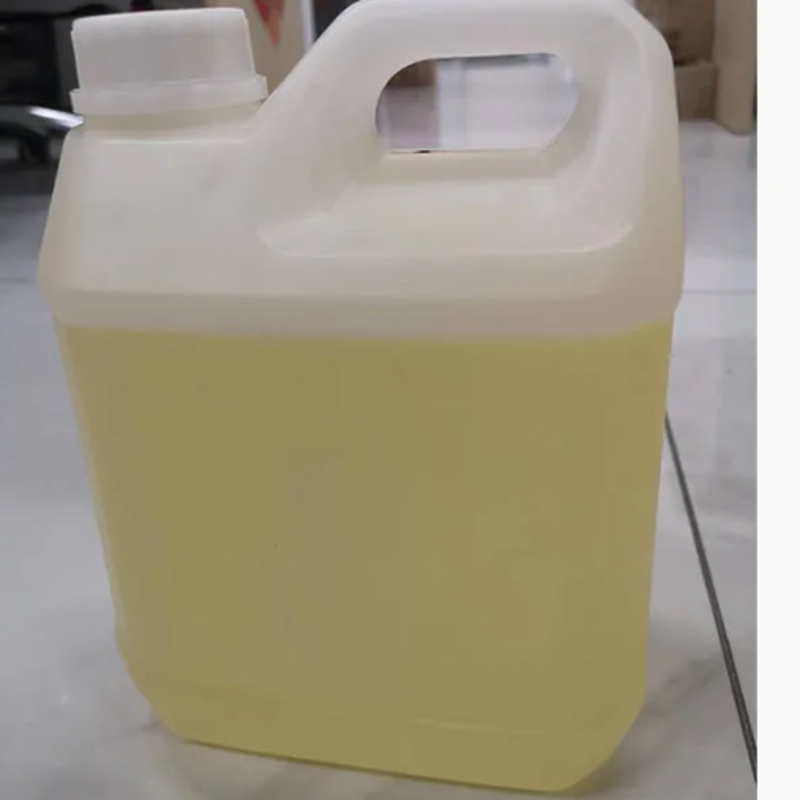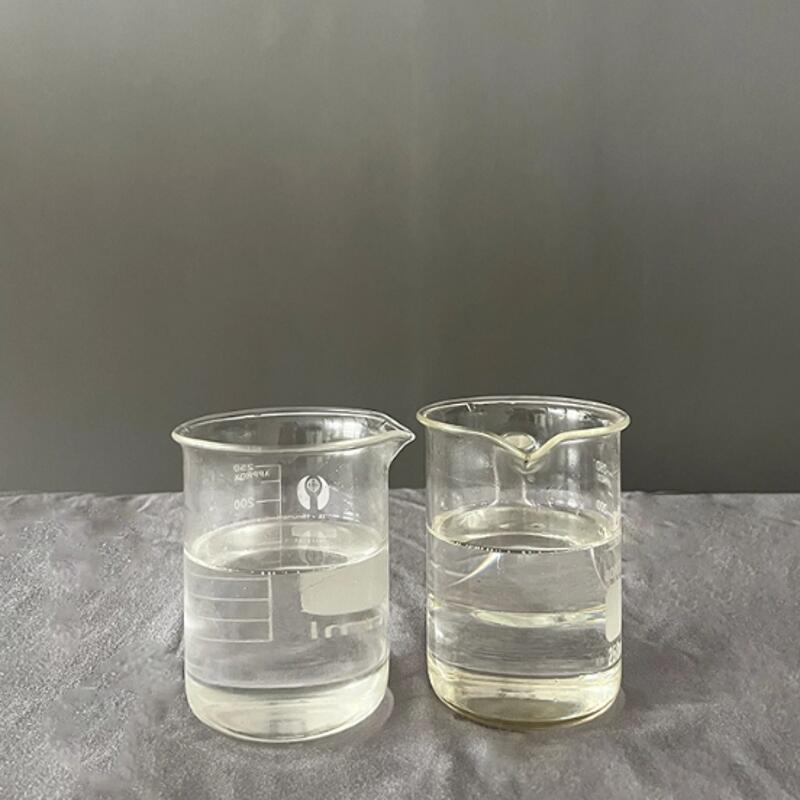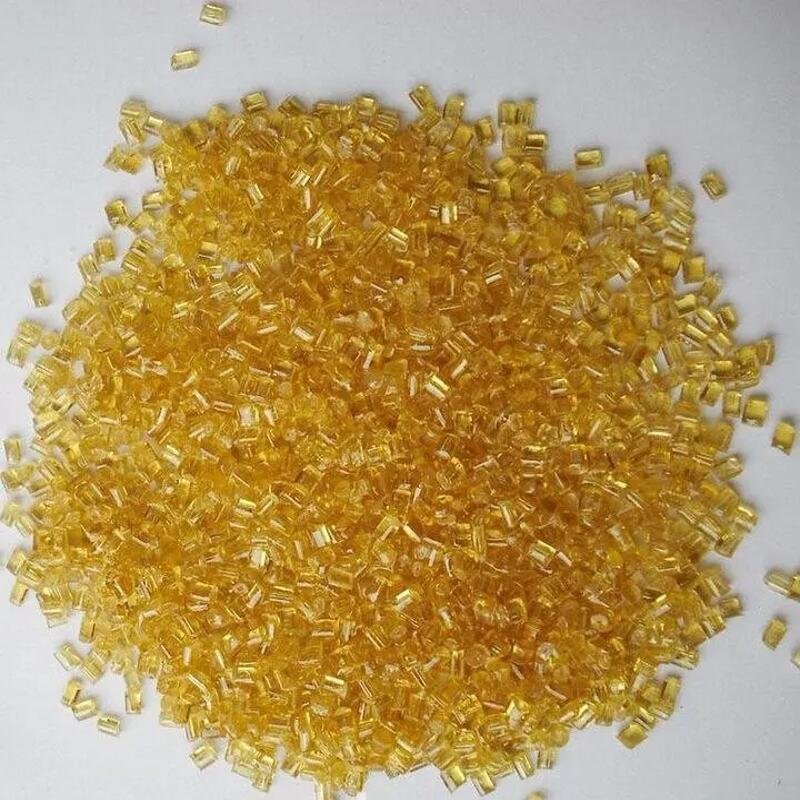-
Categories
-
Pharmaceutical Intermediates
-
Active Pharmaceutical Ingredients
-
Food Additives
- Industrial Coatings
- Agrochemicals
- Dyes and Pigments
- Surfactant
- Flavors and Fragrances
- Chemical Reagents
- Catalyst and Auxiliary
- Natural Products
- Inorganic Chemistry
-
Organic Chemistry
-
Biochemical Engineering
- Analytical Chemistry
-
Cosmetic Ingredient
- Water Treatment Chemical
-
Pharmaceutical Intermediates
Promotion
ECHEMI Mall
Wholesale
Weekly Price
Exhibition
News
-
Trade Service
According to CCTV Finance, on December 25, South Korea officially implemented the amendment to the "Resource Recycling Law"
.
In August, South Korea's Ministry of Environmental Protection announced that new regulations on resource recycling will take effect on December 25
.
In addition to prohibiting the use of colored plastics in beverage packaging, the Amendment to the Resource Recycling Law also requires the prohibition of the use of vinyl chloride (PVC) materials, especially the prohibition of the use of PVC-related materials in cosmetic packaging materials, and the compulsory evaluation of cosmetic packaging materials.
etc.
_
PVC is mixed with other synthetic resins during recycling, which reduces durability and produces emissions of hydrogen chloride and other harmful chemicals during recycling
.
In 2017, South Korea's PVC packaging output reached 4,589 tons
.
However, the government has also made special exemptions to allow the use of PVC in the packaging of certain designated products, including pharmaceuticals directly related to health and safety, ham and sausages kept at room temperature, and moist fish and meat
.
Colored bottles and packaging that use common adhesives will also be banned because they are difficult to recycle
.
The new policy will first take effect for bottled water and tea, which accounted for 67% (192,000 tonnes) of all plastic bottle production in 2017
.
Products on the banned product list will need to be changed, and those that fail to act within a year of notification will be banned from sale or subject to fines of up to 1 billion won ($824,000)
.
In addition, the Korean Ministry of Commerce plans to convene an expert committee every two years to update the list of banned or exempted products
.







